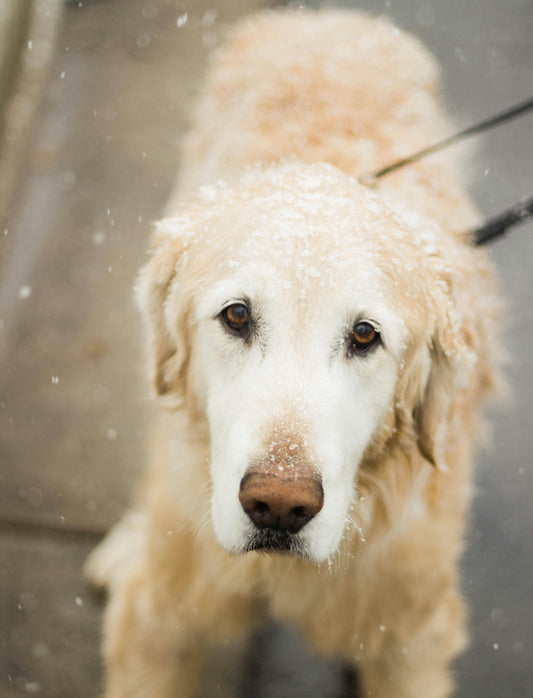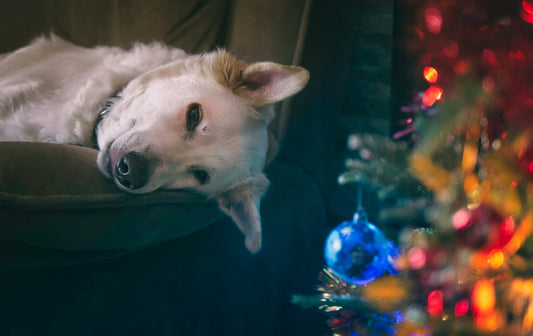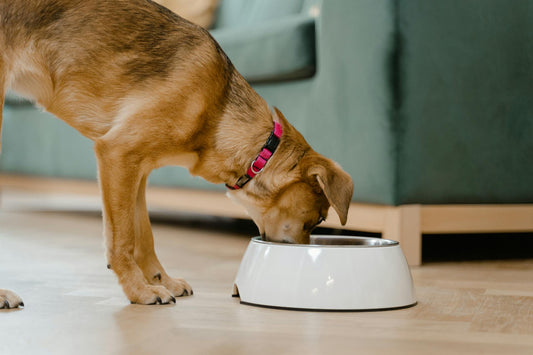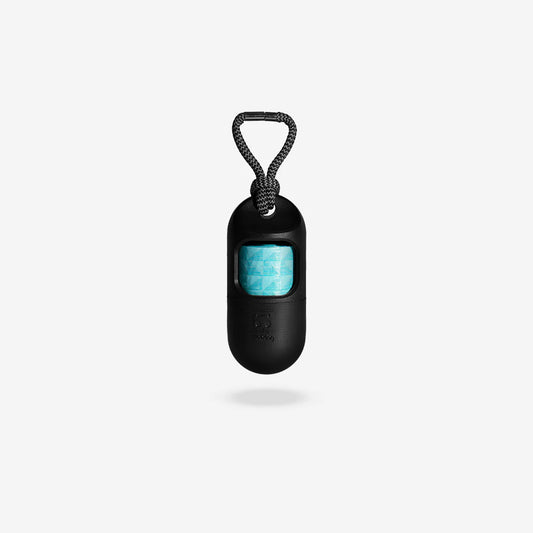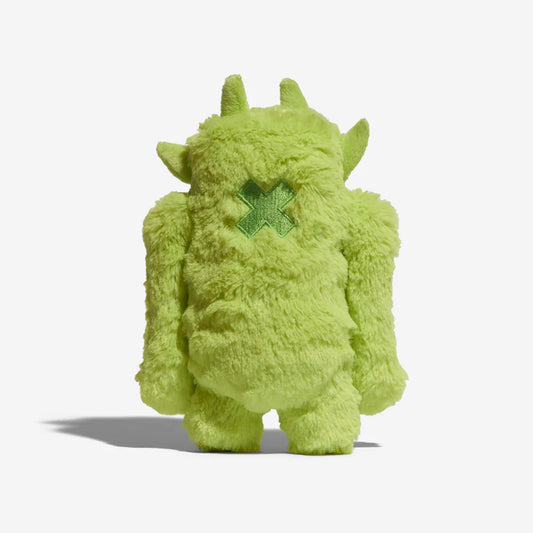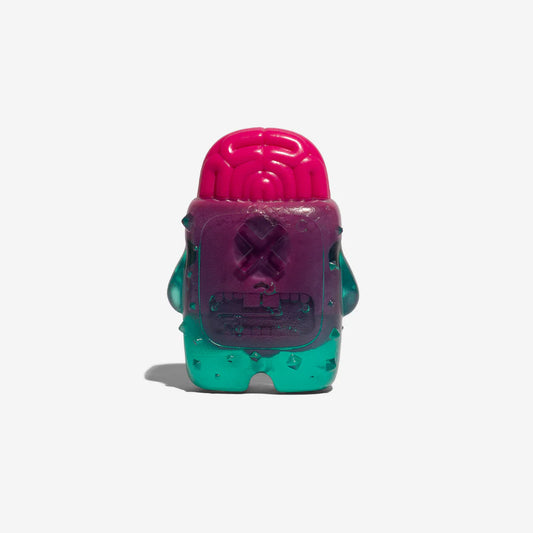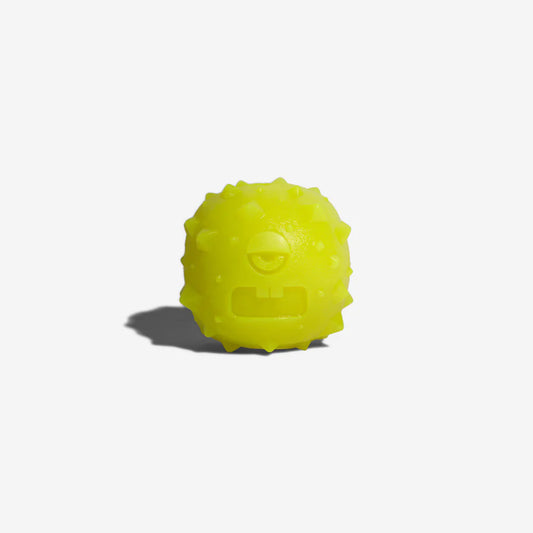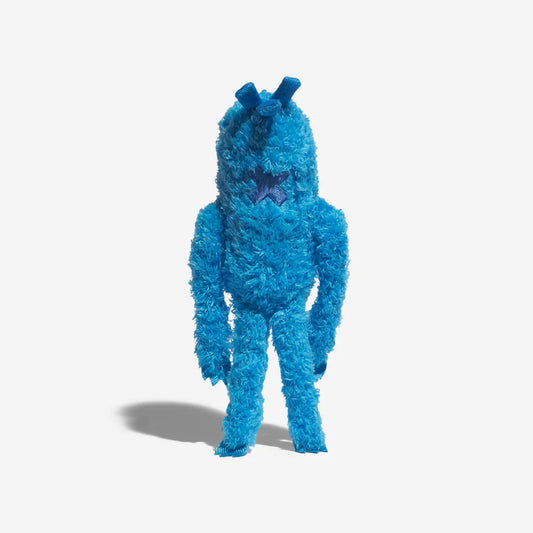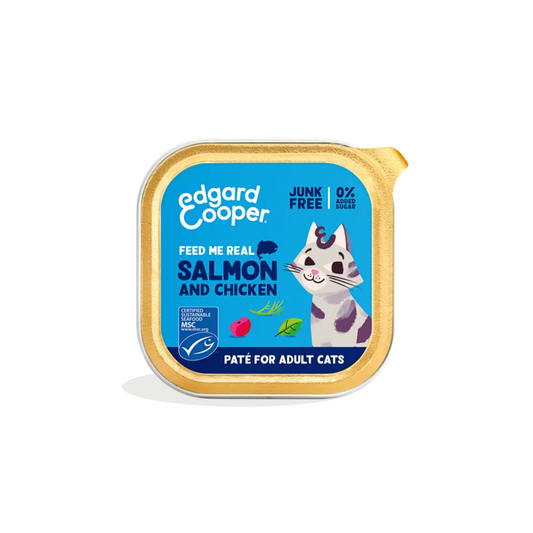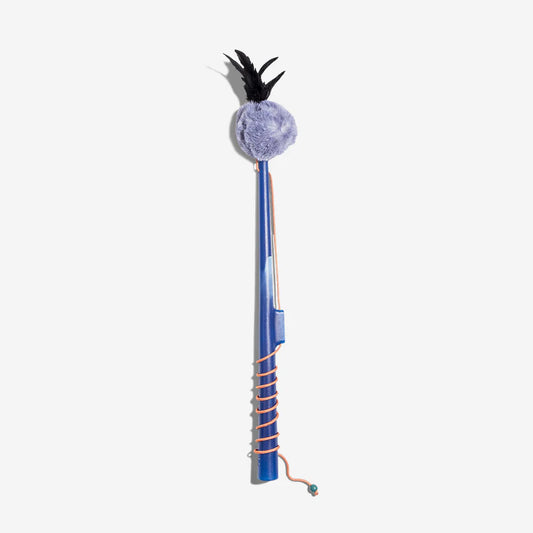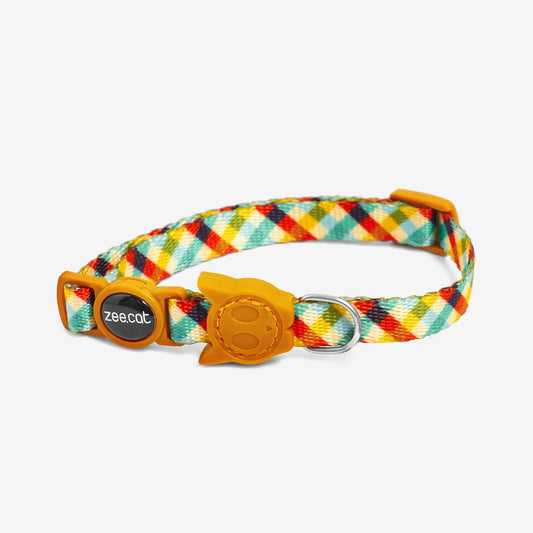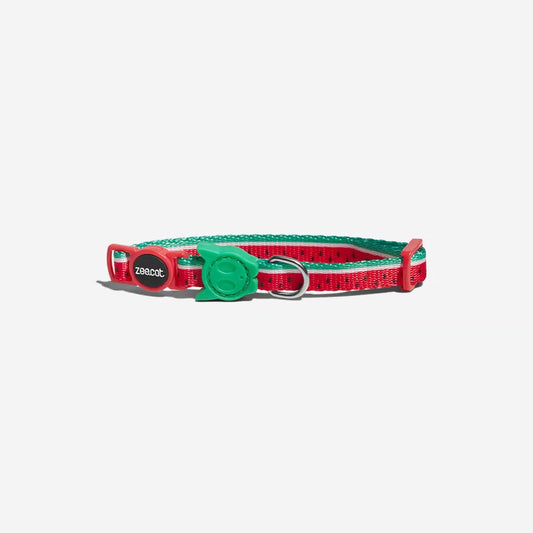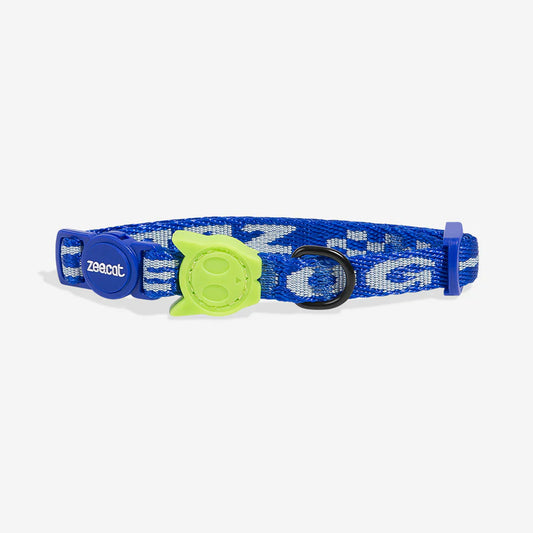Dogs are known for their affectionate behavior towards their owners, and one of the ways they show their love is by licking. However, many pet owners wonder why their dogs constantly lick them. There are several reasons why dogs lick their owners, and understanding them can help strengthen the bond between pet and owner.
One of the most common reasons dogs lick their owners is to show affection. When dogs lick their owners, they release endorphins that create a sense of comfort and pleasure for both the dog and the owner. Additionally, licking can be a way for dogs to communicate with their owners, expressing their love and loyalty.
Another reason dogs may lick their owners is to seek attention. Dogs are social animals and crave interaction with their owners. By licking their owners, dogs can get their attention and engage with them. However, excessive licking can also be a sign of stress or anxiety, so it’s important for pet owners to monitor their dog’s behavior and make sure they are getting enough attention and exercise.
Understanding Canine Behavior
Dogs are known to be affectionate animals, and one of the ways they show their love is by licking their owners. Although it may seem like a simple gesture, there are several reasons why dogs lick people. Understanding the behavior of canine kisses can help owners interpret their dog's actions and strengthen the bond between them.
Communication Through Licking
One of the primary reasons why dogs lick their owners is to communicate with them. Dogs use their sense of taste and smell to gather information about the world around them, and licking is one way they can share their findings with their owners. For example, if a dog licks its owner's hand, it may be trying to tell them that it has found something interesting or tasty.
Licking can also be a way for dogs to show their affection and bond with their owners. Puppies learn to lick their mother's face as a way of getting attention and showing affection, and this behavior can carry over into adulthood. When a dog licks its owner's face or hands, it may be trying to show them that it loves and trusts them.
Instinctual Behavior
In addition to communication and affection, licking is also an instinctual behavior for dogs. In the wild, dogs lick each other's faces as a way of showing submission and respect. When a dog licks its owner's face or hands, it may be trying to show that it respects them as the pack leader.
Licking can also be a self-soothing behavior for dogs. If a dog is feeling anxious or stressed, it may lick its owner's hands or face as a way of calming itself down. In these cases, it's important for owners to address the underlying issue causing the stress or anxiety, rather than just trying to stop the licking behavior.
Overall, understanding the behavior of canine kisses can help owners better interpret their dog's actions and strengthen their bond. By paying attention to their dog's body language and the context of the licking behavior, owners can better understand what their dog is trying to communicate and respond appropriately.
Health Implications
Dogs licking their owners is a common behavior, but is it always safe? In this section, we will discuss the potential health risks and healthy signs associated with dog licking.
Potential Health Risks
While dog saliva has some antibacterial properties, there are still potential health risks associated with dog licking. Here are a few things to keep in mind:
- Infection: If your dog has a cut or wound in their mouth, their saliva could contain harmful bacteria that could cause an infection if it comes into contact with an open wound on your skin.
- Allergic reactions: Some people may be allergic to dog saliva, which could cause itching, redness, or hives.
- Disease transmission: Dogs can carry and transmit diseases through their saliva, such as salmonella, E. coli, and campylobacter.
It's important to keep in mind that the risk of these health issues is relatively low, but it's still important to be aware of them.
Healthy Signs
While there are potential health risks associated with dog licking, there are also some healthy signs to look out for:
- Affection: Dogs often lick their owners as a sign of affection. It's a way for them to show their love and bond with their human.
- Grooming: Licking is also a natural grooming behavior for dogs. They may lick their owners to clean them or remove dirt or debris from their fur.
- Stress relief: Licking can be a calming behavior for dogs. If they are feeling anxious or stressed, they may lick their owners as a way to self-soothe.
Overall, dog licking is a normal behavior for dogs and is usually nothing to worry about. However, it's important to be aware of the potential health risks and to take precautions to minimize them. If you have any concerns about your dog's licking behavior or your own health, it's always a good idea to consult with a veterinarian.
Psychological Reasons
Dogs can also lick their owners as a way of communicating their emotions. Here are two psychological reasons why dogs may lick their owners:
Anxiety and Stress
Dogs may lick their owners as a way to cope with anxiety and stress. Repetitive licking of people, objects, and themselves can be a sign of anxiety in our canine friends. If a dog is feeling anxious or stressed, they may start licking their owners as a way to self-soothe. This behavior may be more pronounced during thunderstorms or firework shows, or any other situation that causes stress or anxiety in dogs.
Affection and Bonding
Kissing on the face and lips is not a universal sign of affection for human beings, and the same goes for dogs. However, licking can be a sign of affection and bonding between dogs and their owners. As puppies grow, they come to use licking as a means of social communication; it is a way for them to show submission and affection to their mother and littermates. Similarly, dogs may lick their owners as a way to show affection and bond with them.
It's important to note that excessive licking can be a sign of an underlying medical condition or behavioral issue. If a dog's licking behavior becomes obsessive or compulsive, owners should consult with a veterinarian or a certified dog behaviorist to rule out any underlying issues.
How to Discourage Excessive Licking
Excessive licking can be a sign of anxiety, boredom, or a lack of stimulation. It can also be a way for your dog to seek attention or show affection. However, if your dog's licking is becoming a nuisance, there are several ways to discourage the behavior.
Ignore the Licking
One of the best ways to discourage excessive licking is to ignore the behavior. Dogs often lick to get attention or a reaction from their owners. By not reacting to the licking, you are showing your dog that the behavior is not getting them what they want.
Provide Plenty of Alternatives
Another way to discourage excessive licking is to provide your dog with plenty of alternatives. This can include toys, puzzles, and interactive games that will keep your dog mentally and physically stimulated. By providing your dog with plenty of activities, you can redirect their energy away from excessive licking.
Train Your Dog
Training your dog can also be an effective way to discourage excessive licking. You can teach your dog the "leave it" command, which will tell them to stop licking or mouthing. You can also reward your dog for good behavior, such as sitting quietly or playing with a toy instead of licking.
Address Any Medical Issues
If your dog's licking is excessive and persistent, it may be a sign of an underlying medical issue. In this case, it's important to take your dog to the vet for a check-up. Your vet can rule out any medical problems and provide treatment if necessary.
Conclusion
Overall, there are several ways to discourage excessive licking in dogs. By ignoring the behavior, providing plenty of alternatives, training your dog, and addressing any medical issues, you can help your dog break the habit of excessive licking.


